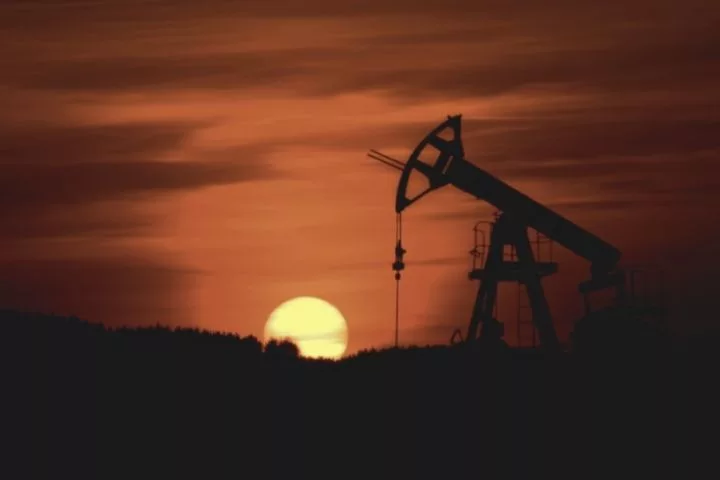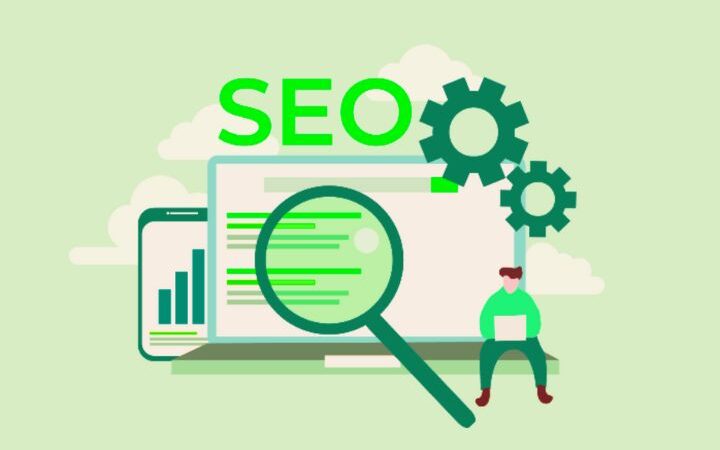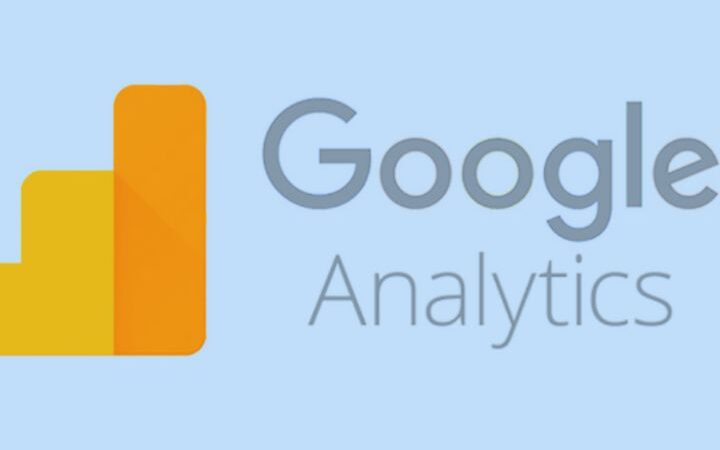Data Is The New Oil – The Origin Of The Quote And The status today

One often hears the quote “Data is the new oil”, “Data is the new oil” in connection with big data, machine learning and the technology hype surrounding data science.
The quote’s origin is an article in the Economist in 2017 and reads in the original “The world’s most valuable resource is no longer oil, but data”. But why are data and oil equated in this article and many of the following?
The origin of the quote “Data is the new oil.”
The publication is mainly about the dominant companies in the digital market, Google, Facebook, Amazon, Apple and Microsoft. Together they are the incontestable standard in the world of technology, and this supremacy calls antitrust lawyers on the scene.
The comparison drawn is the Standard Oil case, which was defined as an illegal monopoly by the United States Supreme Court in the early 20th century and broken into 34 smaller companies.
But why does the article’s author, Kiran Bhageshpur, see the technology giants on the same path as Rockefeller’s Standard Oil in 1911? The argument is that controlling the generation of data (e.g. social media, search data, shopping behaviour) ensures a self-reinforcing advantage: If you know what is happening first, you can react the fastest and secure an unfair competitive advantage.
Whether the state will dissolve this competitive advantage or not, the article does not presume this judgment. What Kiran argues for, however: Cartel observers must include “data” as a corporate object in their considerations to make a good judgment on monopoly movements.
He also argues for a shift in the power imbalance away from the company as the owner of the data to the producer of the data – i.e. the people who generate this data.
Datas is the new oil – the quote three years later.
So while the original article uses “data is the new oil” as a comparison to earlier monopolies, this perception of the quote has changed a lot in the meantime.
In 2020, the quotation and the equation of oil and data as a resource will focus more on the value of data, i.e. the potential of big data using artificial intelligence, machine learning and data science.
The interesting thing about the metaphor is that it can also be used for data usage itself. Like oil, data has to be located, developed and extracted in the company before processing further.
The term “pipeline” also occurs frequently in the field of data engineering, i.e. the transmission, consolidation and storage of data.
Data, like oil, first has to be refined and processed corresponds to today’s image of a data-driven company. Last but not least, the picture also covers the purpose: Without oil, there would have been no industrial revolution because it kept all machines running.
The use of data is similar: there are now hundreds of application examples of how data can be used.
This is why the quote has changed in recent years from a critical article on antitrust law to a positive metaphor: data, like oil, are the raw material of the future and will have just as much an impact on the world.
Our opinion on oil as a metaphor for the state of data
The process of oil production is very similar to that of data science
The metaphor hits a lot more than the author wanted to say in 2017. In addition to the problem of the concentration of power and the value of data, we have already shown the idea that the promotion, transport and refinement of data are also very close to this principle.
But we are happy to take the metaphor further. If an oil pipeline leaks, it is similar to a data leak: the resource leaks, and the company concerned has to put up with a lot of criticism.
The dependency on oil is also quickly found again: Many tech giants are data-driven and data-based, which means that there would be a significant loss without data.
As a whole, “data is the new oil” is a nice metaphor for the current status of data usage and potential considerations. That being said, we see that data presents both dangers and opportunities that are not possible with a physical resource like oil.
From data leakage as the dissemination of personal (behavioural) data to hyper-personalization (people in a bubble) as dangers to the full automation of many processes and a new, personal everyday experience using virtual assistants and autonomous devices as potential, there is certainly a multitude of differences between data and the raw material oil.
However, the two assets have one thing in common: They have vast potential, which many companies want to leverage. Therefore, it is essential to set out on the path to becoming a data-driven company.






